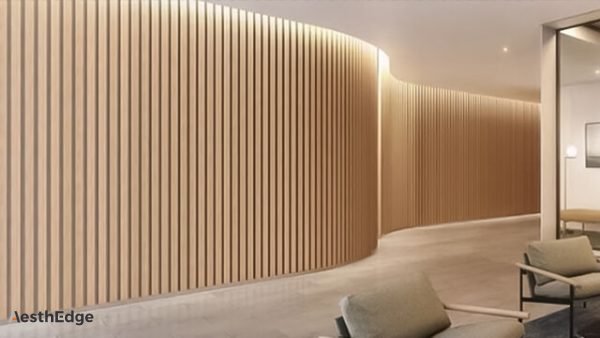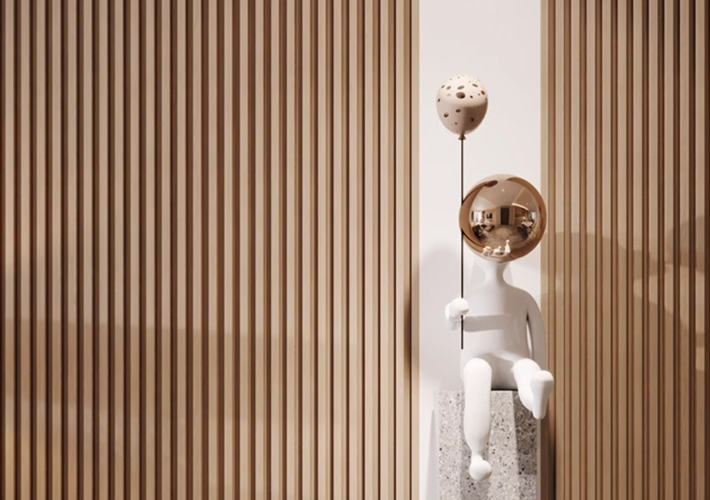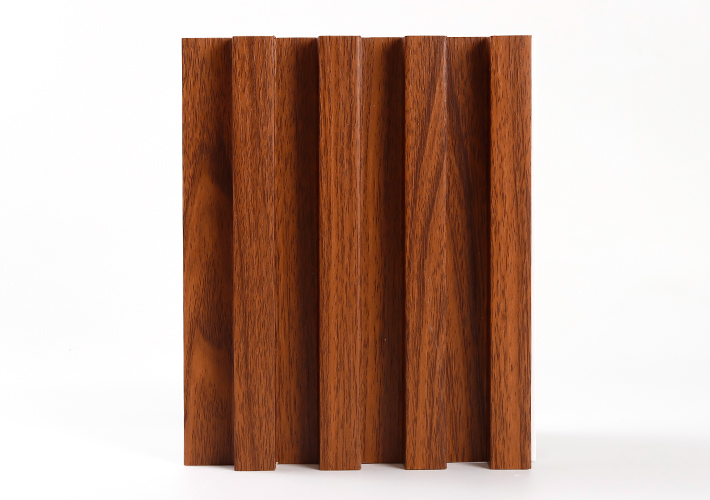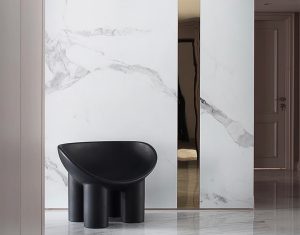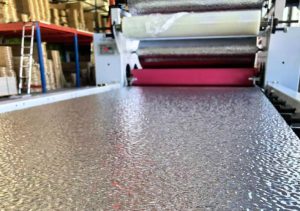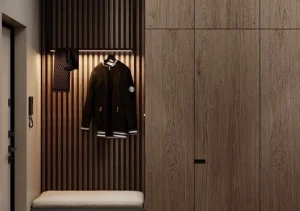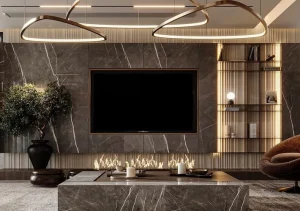Table of Contents
ToggleIntroduction
The regular sizes of WPC (Wood-Plastic Composite) wall panels can vary depending on the manufacturer and specific product lines. However, common dimensions for WPC wall panels typically include:
WPC Wall Panels Designs CSW16022
WPC wall panel is an innovative and eco-friendly building material. It combines the durability of wood and the flexibility of plastic.
View More- Thickness: WPC wall panels are available in various thicknesses, commonly ranging from 5mm to 25mm. Thicker panels may offer better insulation and durability.
- Width: The width of WPC wall panels can vary, but it’s often around 100mm to 300mm. The width can impact the overall aesthetic and coverage of the wall.
- Length: The length of WPC wall panels can vary as well, with standard lengths ranging from 2.4 meters to 3 meters. Longer panels can reduce the number of joints and enhance the seamless appearance of the wall.
These dimensions are generalizations, and you should check the specifications provided by the specific manufacturer or supplier, as they may offer a variety of sizes to meet different design preferences and installation requirements. Always refer to the product documentation or contact the supplier directly for accurate and up-to-date information on available sizes and specifications.
WPC (Wood-Plastic Composite) wall panels have various uses in both residential and commercial settings due to their unique properties. Here are some common applications and uses of WPC wall panels:
- Interior Wall Cladding: WPC wall panels are often used as cladding materials for interior walls. They provide an aesthetic appeal, and their durability makes them suitable for high-traffic areas.
- Exterior Wall Cladding: While WPC is not as common for exterior applications as some other materials, it can be used for exterior wall cladding in certain situations. It provides a wood-like appearance with better resistance to environmental factors than traditional wood.
- Decorative Wall Coverings: WPC panels are used for decorative purposes, enhancing the visual appeal of indoor spaces. They come in various colors, textures, and finishes, allowing for versatile design options.
- Moisture-Prone Areas: Due to their resistance to moisture and water damage, WPC wall panels are suitable for areas prone to high humidity, such as bathrooms and kitchens.
- Commercial Spaces: WPC wall panels find applications in commercial settings, including offices, hotels, restaurants, and retail spaces, where a combination of aesthetics and durability is desired.
- Easy Installation: WPC panels are known for their ease of installation. They often come with interlocking systems or tongue-and-groove designs, making them a convenient choice for DIY projects or quick professional installations.
- Low Maintenance: WPC requires minimal maintenance compared to traditional wood. It does not need regular painting or sealing, making it a practical choice for those looking for low-maintenance wall cladding solutions.
- Insulation Properties: Some WPC wall panels may provide insulation properties, helping with temperature regulation in indoor spaces.
It’s important to note that the specific features and applications of WPC wall panels can vary between manufacturers and product lines. Always refer to the product specifications and recommendations provided by the manufacturer for the intended use and installation guidelines.
If you are interested in wpc wall panels, please contact us!

